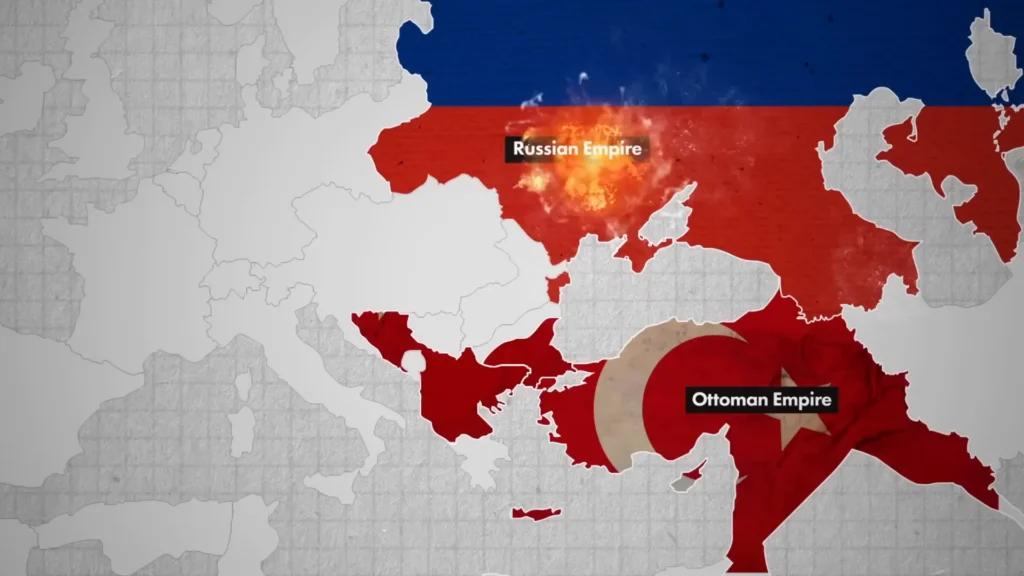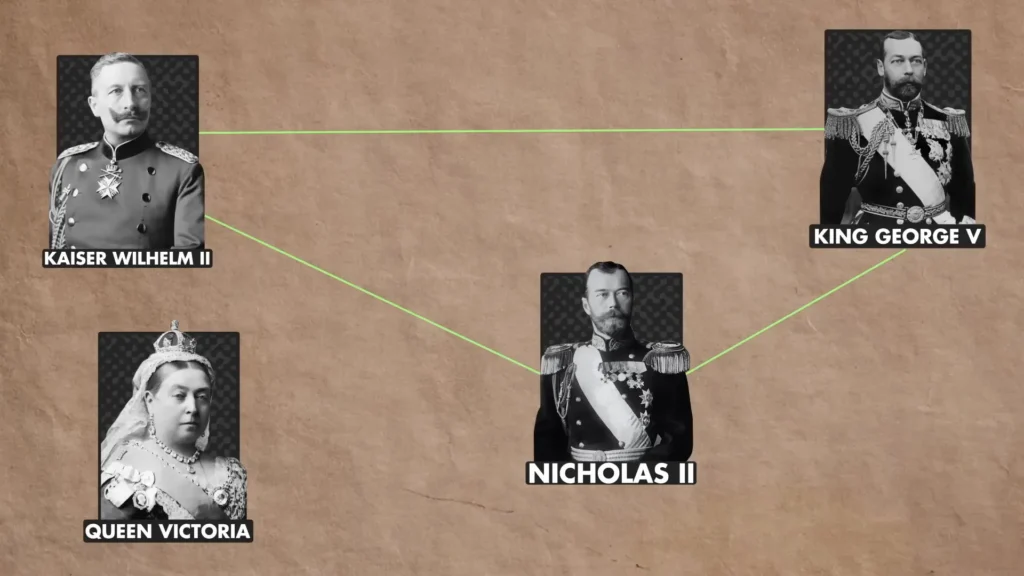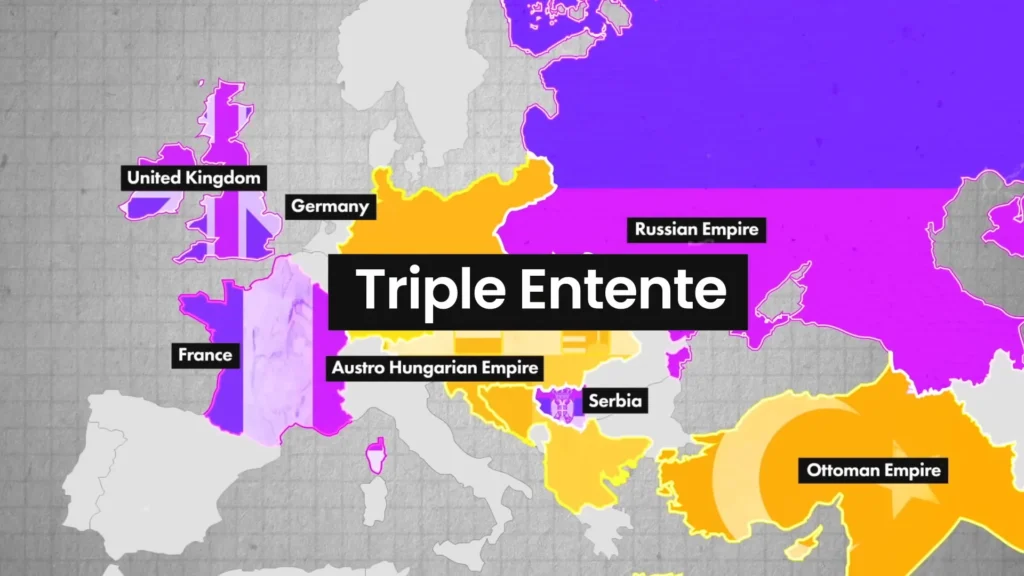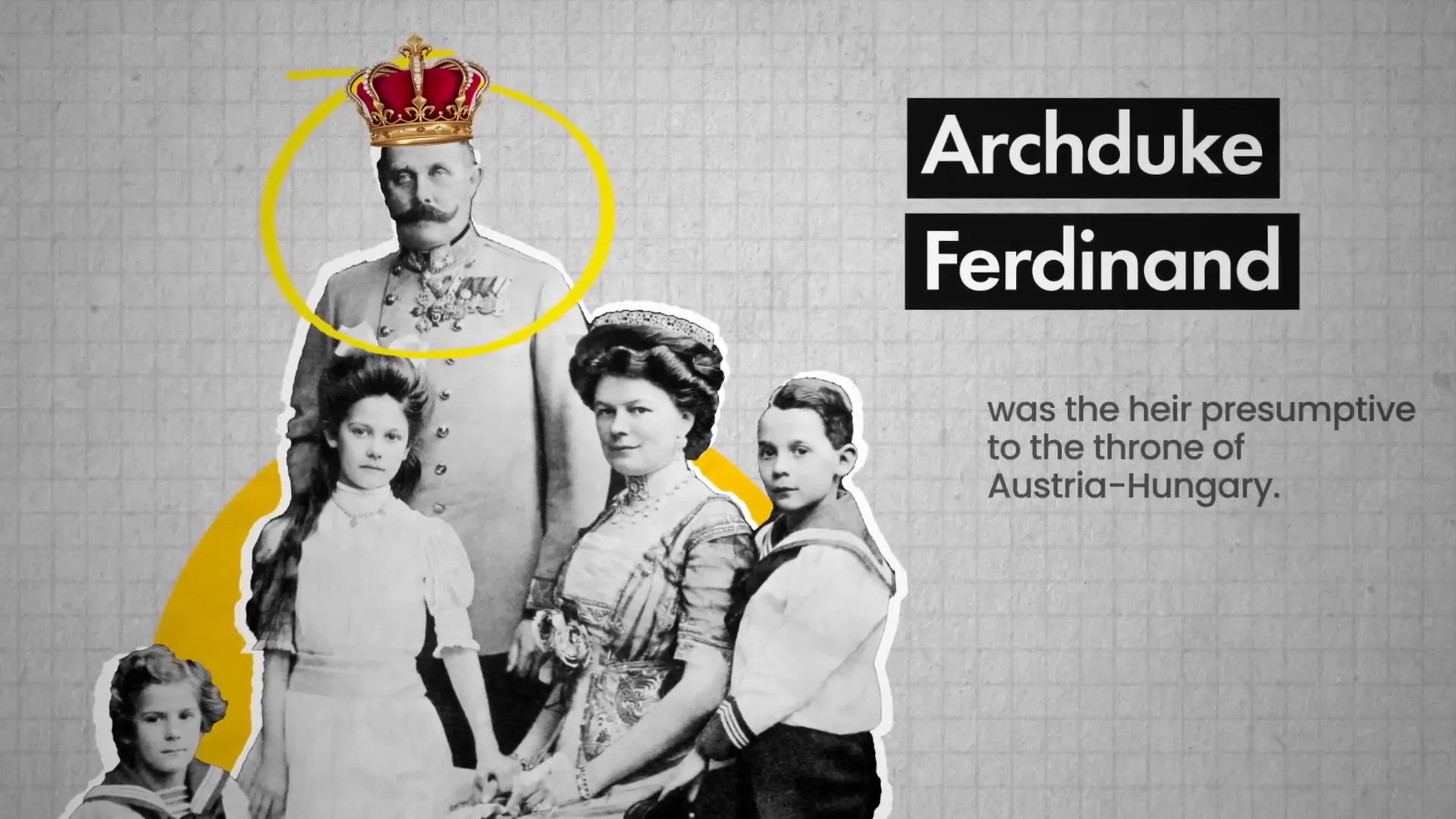Understanding the Complexities of World War I
World War I, often called the Great War, was a monumental event in world history. To understand why World War 1 happened, we must explore the intricate factors that led to this global conflict. This war lasted four years and resulted in the loss of over 20 million lives. In this blog post, we will delve into the various elements that contributed to why World War 1 happened, the political landscape of Europe at the time, and the intricate web of alliances that drew multiple nations into the fray.
The Trigger: Assassination of Archduke Ferdinand
On June 28, 1914, a single event set off a chain reaction that would engulf the world in war. A 19-year-old student assassinated Archduke Franz Ferdinand of Austria-Hungary. This act, while sensationalized in history, was merely the spark that ignited a much larger fire. To truly understand why World War 1 happened, we must look deeper into the political tensions and alliances that existed in Europe at that time.

The European Landscape in 1914
In 1914, Europe was a patchwork of empires and nations. The Austro-Hungarian Empire dominated Central Europe, while the German Empire was larger than present-day Germany. Poland was not a recognized country, and the Russian Empire encompassed a vast territory. The Ottoman Empire was present in what is now Turkey, alongside the United Kingdom and France, which were two of the leading powers.
Most European nations were monarchies, with only three democracies: France, Switzerland, and San Marino. The Balkan region, comprising countries like Serbia, Bosnia, Romania, and Bulgaria, was a hotbed of nationalistic fervor and ethnic tensions, playing a crucial role in understanding why World War 1 happened.
Historical Context: The Balkan Wars
The roots of the conflict can be traced back to the Balkan Wars of the late 19th century. Following the war between the Russian Empire and the Ottoman Empire, the Treaty of Berlin in 1878 granted Austria-Hungary the right to administer Bosnia-Herzegovina temporarily. However, in 1908, Austria-Hungary annexed the region, igniting anger among the local population and neighboring Serbia. Understanding this context is vital in grasping why World War 1 happened.
The annexation was viewed as a direct affront to Slavic nationalism, and groups like Young Bosnia emerged, seeking independence and the unification of South Slavic nations into a single entity, Yugoslavia. This desire for unification further stoked tensions in an already volatile region, highlighting key factors in why World War 1 happened.
The Assassination and Its Aftermath
The assassination of Ferdinand was not a random act but a calculated move by nationalists who sought to free their homeland from Austro-Hungarian control. On the day of the assassination, a failed bombing attempt preceded the successful shooting by Gavrilo Princip, a member of Young Bosnia. This incident prompted Austria-Hungary to declare war on Serbia, which set off a domino effect among the European powers, leading to why World War 1 happened.

The Alliance System: A Web of Entanglements
At the heart of the conflict lay a complex system of alliances. The Triple Alliance, formed in 1882, included Germany, Austria-Hungary, and Italy, while the Triple Entente, established in 1907, comprised France, Russia, and Great Britain. These alliances were initially intended for mutual protection but ultimately contributed to the escalation of the war and helped explain why World War 1 happened.
When Austria-Hungary declared war on Serbia, Russia mobilized in defense of Serbia, leading Germany to declare war on Russia. France, bound by its alliance with Russia, joined the conflict, while Britain was drawn in due to its treaty obligations with France and Russia. This interconnectedness of alliances is crucial in understanding why World War 1 happened.
Nationalism and Imperialism: The Driving Forces
The fervent nationalism that swept through Europe was a significant factor in the lead-up to the war. This nationalism was not one of liberation or independence but rather an aggressive belief in national superiority. Leaders like Kaiser Wilhelm II of Germany exploited these sentiments to rally public support for military action, further illustrating why World War 1 happened.
Imperial ambitions also played a crucial role. Nations sought to expand their empires, driven by a desire for power, prestige, and resources. The competition for colonies and influence created a tense atmosphere where war seemed inevitable, contributing to why World War 1 happened.
The Role of Militarism
Militarism, the belief in building up strong armed forces to prepare for war, was prevalent among the great powers. Military spending soared in the years leading up to the war, with countries investing heavily in their armies and navies. This arms race created an environment primed for conflict, as nations prepared for war rather than seeking diplomatic solutions, further explaining why World War 1 happened.

The Common Man’s Perspective
Despite the grand ambitions of their rulers, the common people often had little desire for war. Many soldiers were drawn into battle out of necessity, seeking employment during economic hardship. Propaganda painted the war as a noble cause, glorifying the soldier’s role as a hero defending their homeland. However, this narrative often masked the harsh realities of warfare.
Anti-war sentiments existed among various groups, including socialists and intellectuals, who recognized the futility of the conflict. Poets like Wilfred Owen and Thomas Hardy captured the grim realities of war, countering the glorified images presented by the media and shedding light on the disconnect from why World War 1 happened.
The Christmas Truce of 1914
One notable moment during the war was the Christmas Truce of 1914 when British and German soldiers laid down their arms and celebrated together in no man’s land. This event highlighted the disconnect between the soldiers and the political leaders who sent them to fight. Despite the orders to continue fighting, the soldiers found common ground in their shared humanity, a poignant reminder of the underlying question of why World War 1 happened.
Conclusion: The Legacy of World War I
World War I was a complex interplay of nationalism, imperialism, militarism, and alliances, culminating in a devastating conflict that reshaped the world. As we reflect on this pivotal moment in history, we must recognize the human cost of war and the lessons learned from the past. Understanding the intricacies of why World War 1 happened helps us appreciate the fragility of peace and the importance of diplomacy in resolving conflicts.
